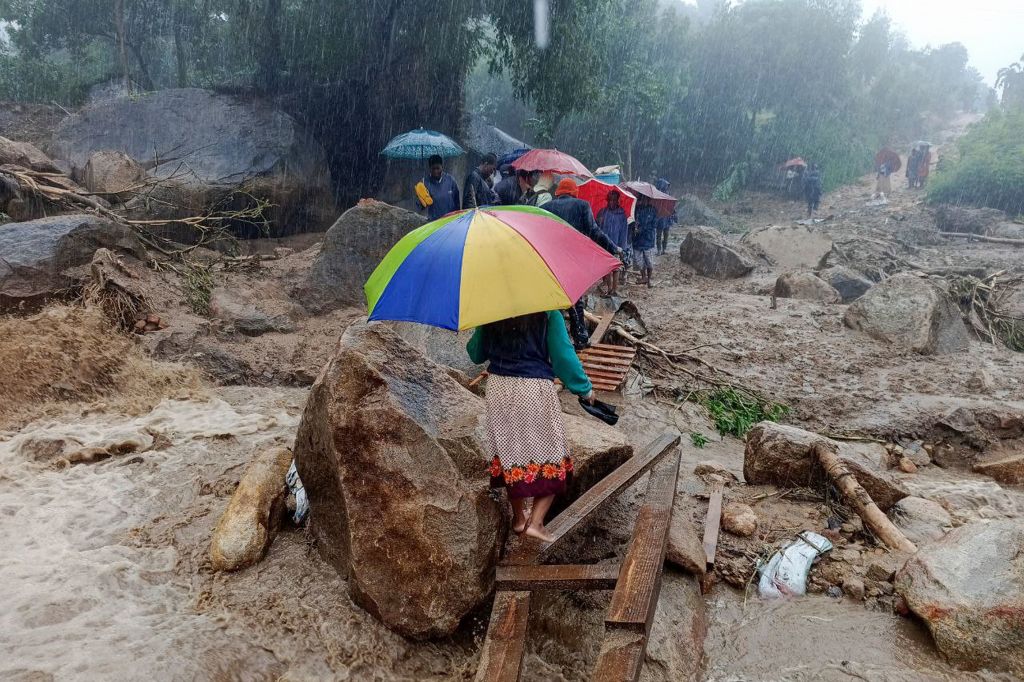
Malawi raised the death toll from floods triggered by Cyclone Freddy, potentially the longest-lasting tropical cyclone ever recorded, as the storm continued to dump rain on the southern African nation.
At least 255 people died and 88,312 others have been forced to flee their homes, the Department of Disaster Management Affairs said Wednesday in an emailed statement. Finance Minister Sosten Gwengwe told reporters on Tuesday he will have to reconfigure the annual budget he presented to parliament two weeks ago because of the damage wrought by the storm.
In neighboring Mozambique, at least 20 people have died, with 221,171 more affected, according to the National Institute for Disaster Risk Management and Reduction. The storm impacted 3,908 kilometers (2,428 miles) of roads, and 66,417 hectares of farmland. The nation’s meteorological agency warned of continuing heavy rain through Thursday in areas that are already flooded.
Cyclone Freddy hit the region for a second time in a month, bringing downpours and havoc to other African nations including Madagascar. Freddy’s accumulated energy — an index used to measure the energy released by tropical cyclones — is the equivalent of an average full North Atlantic hurricane season, according to the World Meteorological Organization.
Tropical cyclones — also called hurricanes or typhoons in other regions — are a typical occurrence in the southern hemisphere, usually between November and April. Freddy, which earned its name on Feb. 6 when it was still just a few hundred kilometers off the northwest coast of Australia, has proved more lasting.
More Must-Reads from TIME
- Donald Trump Is TIME's 2024 Person of the Year
- Why We Chose Trump as Person of the Year
- Is Intermittent Fasting Good or Bad for You?
- The 100 Must-Read Books of 2024
- The 20 Best Christmas TV Episodes
- Column: If Optimism Feels Ridiculous Now, Try Hope
- The Future of Climate Action Is Trade Policy
- Merle Bombardieri Is Helping People Make the Baby Decision
Contact us at letters@time.com